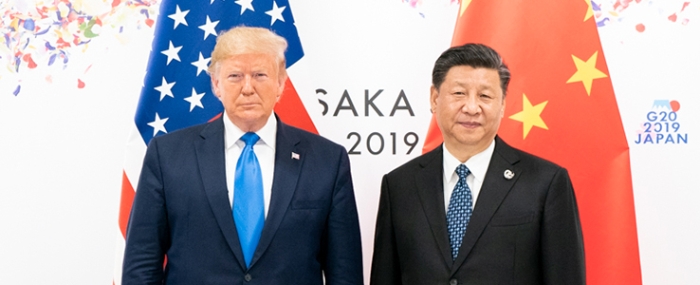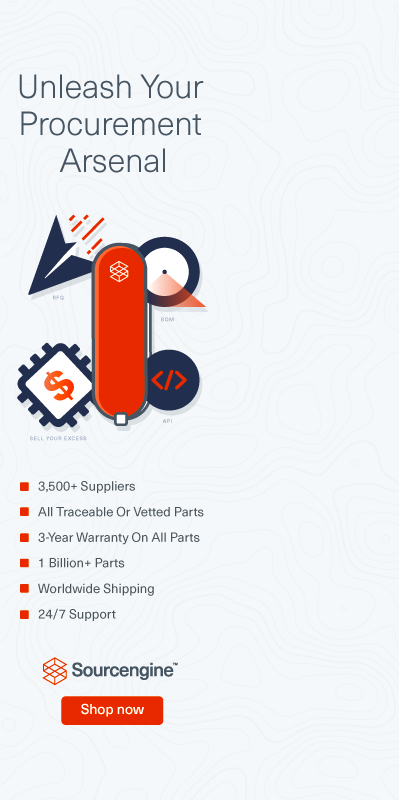
© The White House - For illustrative purposes
Electronics Production |
Electronics manufacturers feel the effects of US-China trade war
Almost 90% of US electronics manufacturers state that they are troubled by the increased tariffs imposed by the United States and China on each other’s imports – some are even investing less in the US as a result.
The data comes from a survey conducted by the industry association IPC, which queried its US members on the effects of the tariffs.
On average, the companies report they have seen tariff increases on 31% of the total dollar value of the products they import. 25% of companies report over half of the dollar value of the products they import are facing higher tariffs.
“As the IPC research documents, rising tariffs are putting a painful squeeze on many U.S. electronics manufacturers,” says IPC Chief Economist Shawn DuBravac in a press release detailing the associations findings.. “Many are facing supply-chain disruptions and steeper costs from the tariffs that have been imposed to date, and the impacts will grow as the trade war drags on.”
Some 69% of companies says that they are seeing lower profit margins as a result of increased tariffs, which carries with itself a ripple effect of negative consequences: 21% report they are reducing investments in the United States, and 13% say they are even cutting back on hiring and/or reducing headcount.
More than a third of companies say that they cannot increase their prices to cover the cost of higher import tariffs, due to various factors.
51% of the companies say that they are now sourcing for other countries than China as a result of the increased tariffs on imports from the country.
“Our industry has longstanding concerns about some of China’s industrial policies, including government subsidies and intellectual property violations,” says IPC President and CEO John Mitchell. “But addressing unfair trade practices by ratcheting up tariffs is like using a sledgehammer to make orange juice. In both cases, it’s the wrong tool and makes a mess of the job.”
“We call on the governments of the United States and China to de-escalate the tariffs, focus on results at the negotiating table, and conclude agreements that address long-standing issues of concern to both sides,” Mitchell added.






